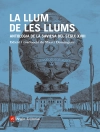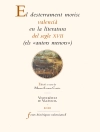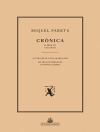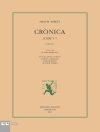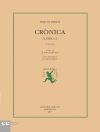Piero Camporesi is one of the most original and exciting cultural historians in Europe today. In this remarkable book he examines the imaginative world of poor and ordinary people in pre-industrial Europe, exploring their everyday preoccupations, fears and fantasies.
Camporesi develops the startling claim that many people in early modern Europe lived in a state of almost permanent hallucination, drugged by their hunger or by bread adulterated with hallucinogenic herbs. The use of opiate products, administered even to children and infants, was widespread and was linked to a popular mythology in which herbalists and exorcists were important cultural figures. Through a careful reconstruction of the everyday imaginative life of peasants, beggars and the poor, Camporesi presents a vivid and disconcerting image of early modern Europe as a vast laboratory of dreams.
Bread of Dreams is a rich and engaging book which provides a fresh insight into the everyday life and attitudes of people in pre-industrial Europe. Camporesi’s vision is breathtaking and his work will be much discussed among social and cultural historians. This edition includes a Preface by Roy Porter, Professor of the History of Medicine at the Wellcome Institute for the History of Medicine.
Spis treści
Preface by Roy Porter
Introduction
1. The 'Disease of Wretchedness’
2. Elusive Bread
3. Sacred and Profane Cannibalism
4.’They Set Out into the World of the Vagabond’
5. 'They Rotted in Their Own Dung’
6. The World Turned Upside Down
7. 'Famine of Living’ and 'Times of Suspicion’
8. Night-time
9. Ritual Battles and Popular Frenzies
10. Medicina Pauperum.
11. 'Tightness of Purse’
12. Collective Vertigo
13. Hyperbolic Dreams
14. Artificial Paradises
15. Poppyseed Bread.
16. The 'Fickle and Verminous Colony’
17. Putrid Worms and Vile Snails
18. A City of Mummies
19. The Triumph of Poverty
Notes
Index


